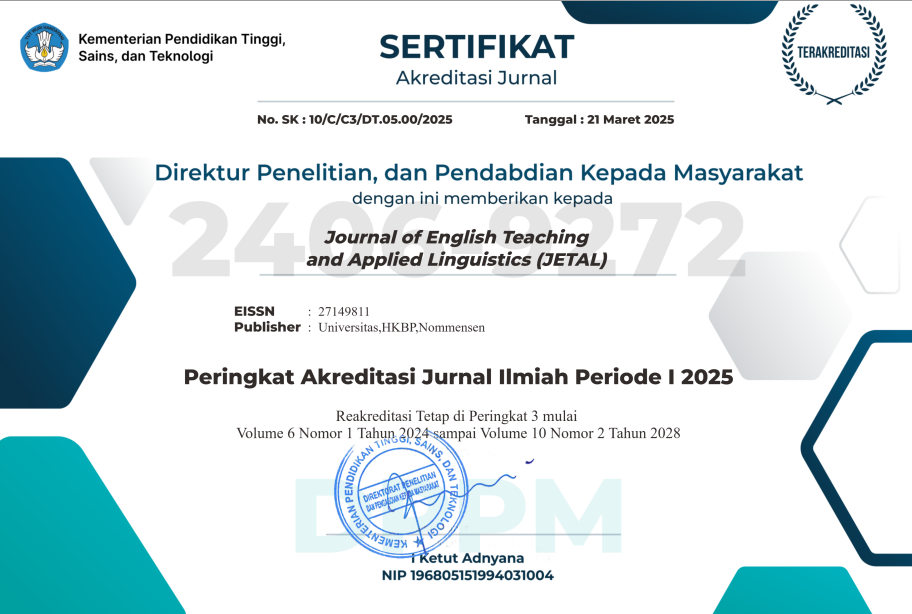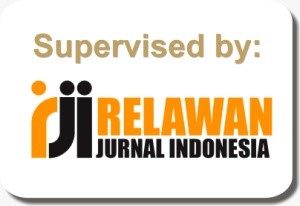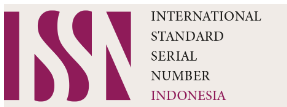Teachers’ Feedback in Group Works of EFL Learning: Does It Influence Students’ Success?
Abstract
As one of suggested teaching techniques in EFL context, one of important stages in implementing group work is allocating time for testing students’ comprehension. This stage is claimed to be an important stage since it is aimed to evaluate teaching and learning processes. Moreover, this evaluation demands any feedback in order to improve the quality of teaching and learning processes and even group work activity. In other words, group work also requires such evaluation in terms of feedbacks in order to get the maximum effect of this teaching technique for the students. However, the feedback offered cannot always affect the processes in a positive way. Thus, the teachers need to consider any guidelines in offering the feedback. This article, which is derived and further developed based on research conducted in 2013, explores the role of teachers’ feedback in relation to the success of EFL learning at MAN Solok city, a state Islamic senior high school at Solok city, West Sumatera. The research was conducted under qualitative design in which searched out how the teachers offered feedback and how it influenced students’ success in learning English as foreign language. The research found that the teachers offers two kinds of feedback; they were praise and critics.
References
Bloom, Benjamin & Gardner, H. (2002). ‘Group works’. (Online). Retrieved on 31 August 2010 from www.edsw.usyd.edu.au.
Hart, Leslie Allison. (2017). The impacts of rewards on the effectiveness of performance feedback in improving writing production in elementary school students. University of Tennessee. Retrieved on 6 July 2020 from https://trace.tennessee.edu/utk_graddiss/4625/
Hattie, John & Timperley, H. (2007). The power of feedback. Review of Educational Research. 77(1): 81-112.
Hyland K. (2006). English for Academic Purposes. An Advanced Resource Book. London: Routledge.
Kasim,Usman. (2015). Implementation of group work in the classroom. Lingua. 12 (1): 97-106.
Klimova, Blanka. (2015). The role of feedback in EFL classroom. Procedia-Social and Behavior Sciences 199 (1), 172-177.
Nunan, David. (1998). Language Teaching Methodology. Longman: Edinburgh.
Patton, Quinn. (1990). Qualitative Evaluation and Research Methods. 2nd ed. London: Sage Publication ltd.
Smith, Mark. K. (2008). What is group works? Retrieved on 3 February 2010 from www.infed.org/groupwork/.
Authors retain copyright and grant the journal right of first publication with the work simultaneously licensed under a Creative Commons Attribution-ShareAlike 4.0 International License (CC BY-SA 4.0) that allows others to share the work with an acknowledgment of the work's authorship and initial publication in this journal.
Authors are able to enter into separate, additional contractual arrangements for the non-exclusive distribution of the journal's published version of the work (e.g., post it to an institutional repository or publish it in a book), with an acknowledgment of its initial publication in this journal.
Authors are permitted and encouraged to post their work online (e.g., in institutional repositories or on their website) prior to and during the submission process, as it can lead to productive exchanges, as well as earlier and greater citation of published work (See The Effect of Open Access).






